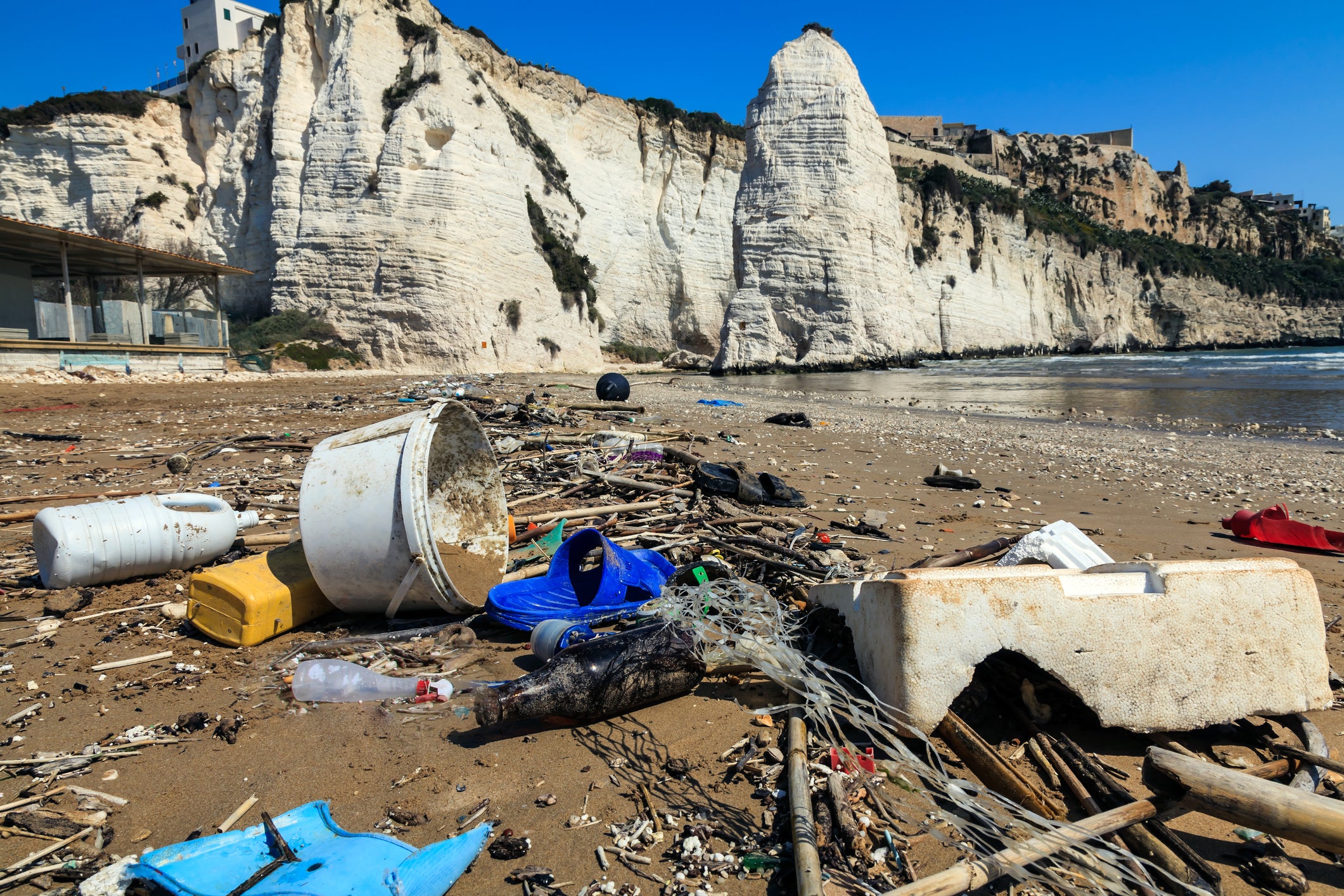A plastics tax isn’t enough to tackle pollution – we also need to invest in compostable packaging
The UK needs to embrace new technologies, writes Daphna Nissenbaum. These can bring about real, sustainable change through packaging which breaks down at about the same pace as fruit and veg

An orange is the perfect example of nature packaging itself. It is also a great example of how nature deals with its own waste. In compost, orange peel breaks down in a few days. Simple, yet remarkable. The technology now exists to mimic nature with products that can protect food and clothing much as conventional plastic does, but which break down in the same way as orange peel. These are a critical part of the path to ending plastic pollution.
Yet this month the government missed a chance to harness this technology as it revealed the detail of its plans for a plastics tax. The tax is a good move, long-awaited by campaigners against plastics pollution, but ministers are overlooking a vital issue in its design. As well as encouraging a reduction in plastics use, and a radical increase in re-use and recycling, the government has an opportunity to encourage innovative new materials, which can substitute for plastic without causing the same environmental harm. Instead, they are cutting those technologies off at the knees, by treating fully compostable materials as if they were conventional, polluting plastic.
As David Attenborough puts it in the epilogue to A Life On Our Planet: “We need to rediscover how to be sustainable. To move from being apart from nature, to become a part of nature once again.” How better to do that than to learn from nature and mimic it?
Subscribe to Independent Premium to bookmark this article
Want to bookmark your favourite articles and stories to read or reference later? Start your Independent Premium subscription today.
Join our commenting forum
Join thought-provoking conversations, follow other Independent readers and see their replies